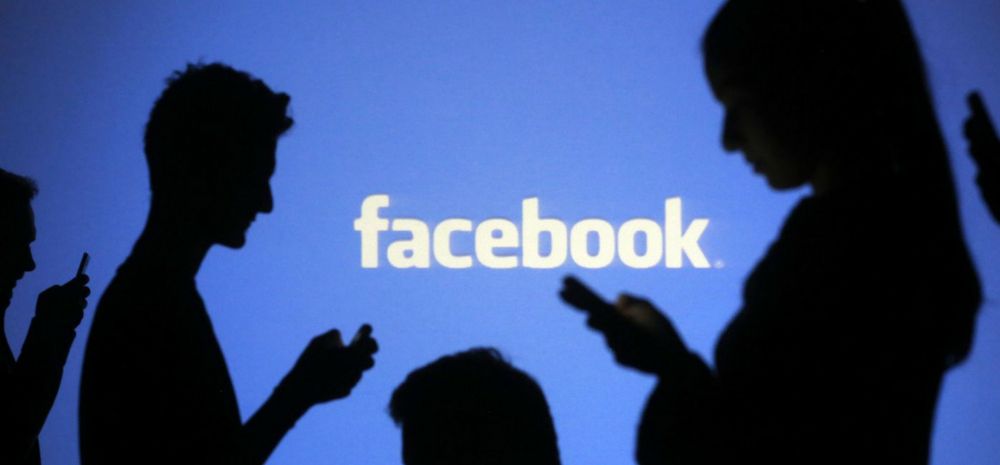Facebook bans page targeting US elections
August 1, 2018 | Expert Insights

Facebook says it has removed 32 accounts and pages believed to have been set up to influence the mid-term US elections in November.
Background
Facebook is an American online social media and social networking service company based in Menlo Park, California. Its website was launched on February 4, 2004, by Mark Zuckerberg, along with fellow Harvard College students and roommates Eduardo Saverin, Andrew McCollum, Dustin Moskovitz, and Chris Hughes.
Facebook has more than 2.2 billion monthly active users as of January 2018. Nearly half of adults in the US get their news on this platform, according to a 2017 study from the Pew Research Center.
In September 2017, Facebook acknowledged that Russians had indeed used fake identities to try to influence the US electorate before and after the election, and had posted comments, ads and details about street protests to achieve this.
Washington imposed punitive sanctions on Russia following U.S. intelligence agency conclusions that Moscow interfered to undermine the 2016 U.S. elections, one of the reasons U.S.- Russian relations are at a post-Cold War low.
Analysis
Facebook Inc. has identified a new coordinated political influence campaign to mislead users and organize rallies ahead of November's US congressional elections, taking down dozens of fake accounts on its site, the company says.
The social network said in a blog that it had identified 17 suspect profiles on Facebook and seven Instagram accounts.
Chief Operating Officer Sheryl Sandberg said on a call with reporters that the attempts to manipulate public opinion would likely become more sophisticated to evade Facebook’s scrutiny, calling it an "arms race."
Facebook identified influence activity around at least two issues, including a counter-protest to a "Unite the Right II" rally set next week in Washington. The other was the #AbolishICE social media campaign aimed at the US Immigration and Customs Enforcement agency.
Adam Schiff, the top Democrat on the US House of Representatives Intelligence Committee, in a statement said that he feared that malicious foreign actors would continue to abuse and weaponize social media platforms to influence the US electorate. In total more than 290,000 accounts followed at least one of the pages involved, it added.
Facebook said the suspect accounts had also run about 150 ads on Facebook and Instagram, costing a total of $11,000 (£8,300). The most popular fake accounts were Aztlan Warriors Black Elevation, Mindful Being and Resisters. The "bad actors" went to far greater lengths to cover their tracks than the Russian-based Internet Research Agency (IRA) had in the past, Facebook said. This included using virtual private networks (VPNs) to hide their location, and using third parties to run ads on their behalf.
Furthermore, the social network said it had not found evidence of Russian IP (internet protocol) addresses. But it did find one link between the IRA and the new accounts. One of disabled IRA accounts shared a Facebook event hosted by the Resisters page. The page also briefly listed an IRA account as one of its administrators. It added that it "may never be able to identify the source" for the fake accounts.
This is one of the fundamental limitations of attribution: offensive organizations improve their techniques once they have been uncovered, and it is wishful thinking to believe that we will always be able to identify persistent actors with high confidence."
Facebook has removed the suspect accounts, but says other legitimate page administrators unwittingly interacted with them.
For example, after the Resisters account created a Facebook event for a protest on 10 to 12 August called "No Unite the Right 2", five other page owners offered to co-host the demonstration and posted details about transportation and locations.
Counterpoint
Over the past several months, Facebook has taken steps meant to reassure US and European lawmakers that further regulation is unnecessary. Chief Executive Officer Mark Zuckerberg says the company has 20,000 people working to police and protect the site.
Costs associated with that effort are part of the reason Facebook said last week that it expects its profit margins to decline, a warning that sent shares tumbling about 25 percent, the biggest one-day loss of market cap in US stock market history.
Assessment
Our assessment is that the future is troubling and predictable. We believe that the challenge of attribution will remain, as spoofing of IPs is a reality. We feel that the use of third parties to buy advertising in the US is a difficult problem for Facebook to tackle without snarling up its ads operation.








Comments